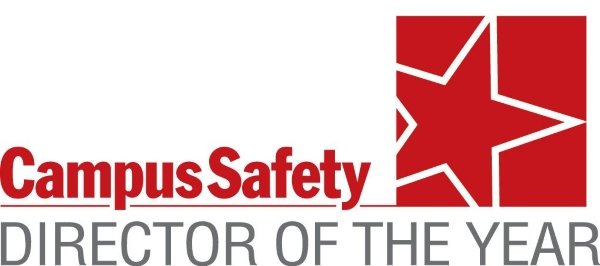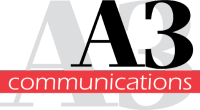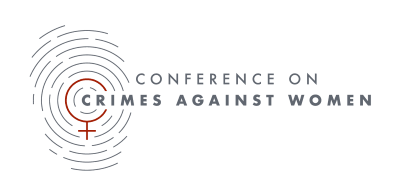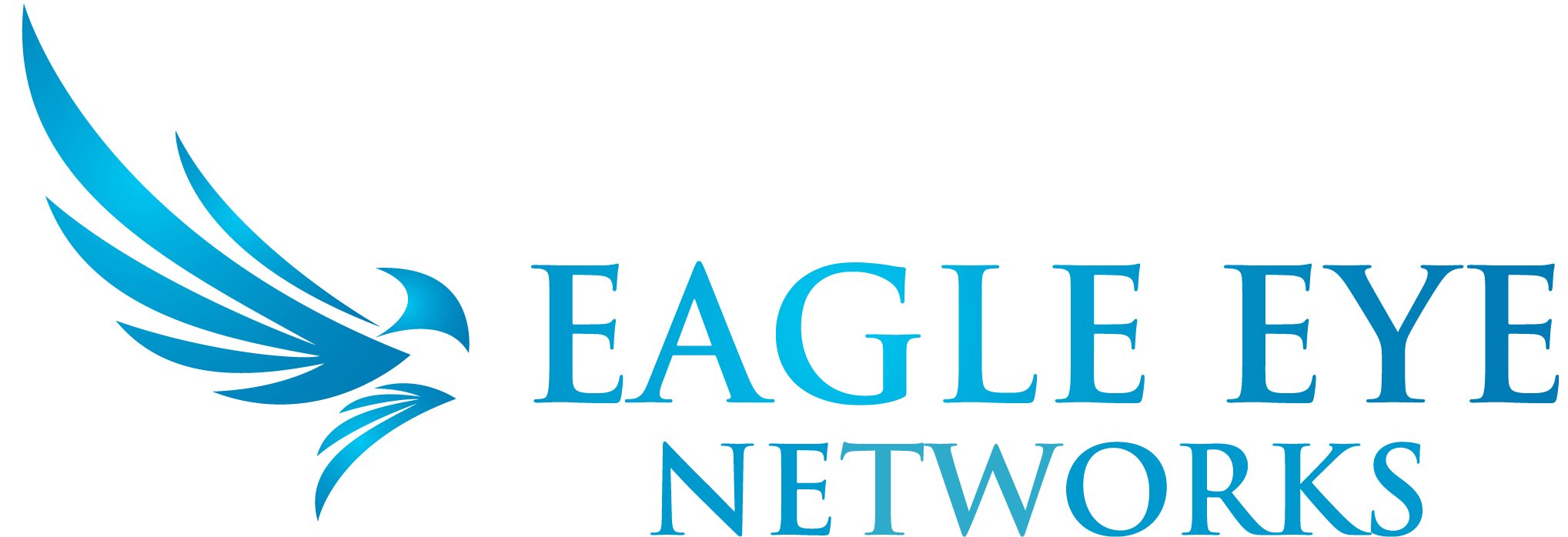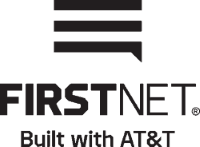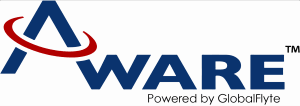CSOS July on-demand

Note: You are viewing the sessions from our July Online Summit.
If you are interested in registering for CSOS taking place on Dec. 1-2, please click here.
In light of the current COVID-19 pandemic, Campus Safety is presenting a special July edition of our Online Summit to provide school and college public safety professionals, emergency managers, executive administrators and technology directors with the information necessary to make and keep campuses safe.
This 2-day event will cover topics concerning lessons learned from COVID-19 and issues related to the re-opening of campuses. The speakers include law enforcement officials and specialists in emergency management and safety and security who are passionate about sharing their insight and knowledge to help you keep your students, faculty and staff safe and healthy.
Now Available On-Demand
10:30 AM EST
Welcome – National Anthem – Director of the Year Award Announcements
View on Demand
K-12 and Higher Ed
Help us kick off CSOS with our Welcome from Show Director Amy Reddington
National Anthem by CS Editor-in-Chief Robin Hattersley
Robin Hattersley will be recognizing all the 2020 Campus Safety Magazine Director of the Year Finalists and Winners!

Amy Reddington
Show Director, Campus Safety
Conference

Robin Hattersley
Editor-in-Chief, Campus Safety
Magazine
The below session is sponsor by: NAPCO Security Technologies
11:00 AM EST
KEYNOTE: Mental Health and COVID-19: Caring for Others and Yourself in Times of Change and Uncertainty
View on Demand
K-12 and Higher Ed | Live Session
The current COVID-19 pandemic is one of the greatest challenges this country and our educational system have ever faced. The sudden shift to remote learning has been traumatic for many, yet has also opened doors for new opportunities and exploration.
With the eventual return to in-person learning, there are many personal and professional adjustments to be made. This keynote will explore how to recognize the signs/symptoms of stress among staff, campus first responders, students, and ourselves, while also providing concrete strategies to help identify, understand, and manage emotions. Resources that prioritize relationships, human connections, and balancing physical and psychological safety will be emphasized.
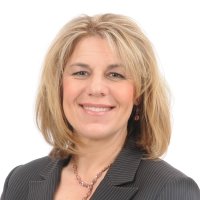
Melissa Reeves
Ph.D., NCSP, LCMHC, Associate
Professor, Winthrop University
12:00 PM EST
VISIT OUR SPONSOR PAGES
Click the ‘Sponsors’ button above or any sponsor logo for information, product and video pages to learn more about their innovative safety and security solutions.
The Below Session is Sponsored by:
IP Video Corporation

12:00 PM EST
Illegal Drugs, Vaping, Bullying and Assaults: Protecting Areas on Campus Where Video Surveillance Can’t Be Used
View on Demand
K-12 and Higher Ed
In a campus world dealing with privacy regulations, HIPPA, Anti-Vaping laws, Title IX laws and the Clery Act, how do campus environments protect staff, patients and students without the use of video or audio recording technology? Lt. Joseph Pangaro, President of True Security Design will address how to protect dorms, bathrooms, patient Rooms, classrooms and locker rooms from the use of illegal drugs, vaping, bullying and assaults by using situational awareness tools in lieu of privacy infringing recording devices.
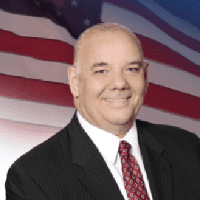
Lt. Joseph Pangaro, CPM, CSO
Director of Global Training and Security Consulting, IPVideo Corporation
The Below Session is Sponsored by: Drift Net Securities

1:00 PM EST
GENERAL SESSION
COVID-19: The Road to Re-Opening Your District
View on Demand
K-12 | Live Sessio
Some states are now in the early re-opening phases for businesses, but schools are still unsure of what the fall may bring and are trying to prepare for all the challenges for starting up the school year and semesters according to the CDC Guidelines for the “New Normal.”
This group of panelists will have an open discussion on the following concerns, as well as many other topics:
- How will social distancing be accomplished in classrooms, school buses and other locations when students and staff return?
- How will student, employee and visitor health be monitored?
- How will sanitation and personal hygiene be maintained?
- How will all of this information be communicated and how often?
Moderator

Paul Timm, PSP
Engineering Associates, P.C.
Panelist

Guy Bliesner
Analyst, Idaho Office of School Safety & Security
Panelist

Aaron Coles
CEO, Drift Net Securities
Panelist
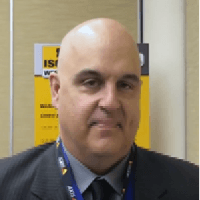
Guy Grace
Director of Security and Emergency Planning, Littleton Public Schools
Panelist

Gary Sigrist
CEO and President, Safeguard Risk Solutions, LLC
Panelist
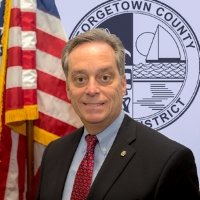
Alan Walters
Executive Director, Safety & Risk Management, Georgetown County Schools
1:00 PM EST
Free Speech and Campus Unrest
View on Demand
Higher Ed
Chief Margo Bennett from the University of California at Berkeley will share valuable lessons learned from the high profile protests and demonstrations at their campus. She will address the intersection between free speech and public safety and the legal and practical complexities and challenges.

Margo Bennett
Chief of Police, UCPD Berkeley
2:00 PM EST
Understanding Threats and Cyberbullying: Keeping Students Safe While at Home
View on Demand
K-12
Due to COVID-19 stay at home directives, students have been faced with increased online challenges. Clay will address new safety issues as students have less structured time and spend the majority of their day online.
Clay Cranford will explain the current technology and applications teens are using to access the Internet and social media. Secondly, cyberbullying and other online threats will be defined with current trends and real-world examples that Clay has investigated in schools. Attendees will be given tools and an action plan that they can immediately begin using to help keep their children and students safe online at home and at school.
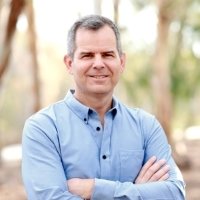
Clayton Cranford
Owner, Total Safety Solutions, LLC
2:00 PM EST
De-Escalating Problems When Frustrations Are High
View on Demand
Higher Ed
Words and actions matter! What we say and how we say it can be the difference between an argument and voluntary compliance. This is particularly true in today’s environment. The coronavirus pandemic has frayed the nerves and heightened the frustrations of nearly everyone. The words we choose, our tone, pitch and volume, along with our non-verbal cues, can further our customer service goals and, in the case of a toxic situation, defuse it.
How we speak and interact with others can also reduce complaints and enhance our reputation as caring professionals. The long-term benefit of effective communication is conflict avoidance and conflict management in the classroom, at home and in social interactions.
This presentation covers:
- Why misunderstanding and verbal conflict occur
- Why others do not hear what we say
- How to establish a link and build rapport between you and an angry citizen
- The biggest obstacle to effective communications
- Ten phrases you should never use (and 10 you should)

John Weinstein
Commander, Strategic Planning and Outreach, Northern Virginia Community College Police Department (NOVA)
3:00 PM EST
Bystander Intervention: Stand Up, Speak Up, Act Up
View on Demand
K-12 and Higher Ed
For so many, these past few months have been trying times personally and professionally. We’ve spent endless hours on Zoom or other virtual platforms and likely learned more about our co-workers’ and students personal’ lives than you or they cared for you to know. Eventually campuses will re-open and we will be going back to work and school. But people’s fear about COVID-19 will remain and that, along with information you’ve learned about each other, will likely impact your decision-making.
Unfortunately, some people will engage in behaviors that negatively impact others under the guise of “health and safety.” This will be an additional level of misconduct you may encounter. You will see and hear what’s going on. You will feel like you should do something or say something, but you don’t know what to say or do. You may fear that if you intervene, you could be the next target. We make decisions daily about whether to act based upon our morals and values or surrender them based on fear, bias, indifference or some other factor. But everyone, including faculty, staff, students, safety directors, law enforcement, and administrators, have a responsibility to speak up.
As we transition, this is the perfect time to explore our decision-making process and learn practical strategies for transforming bystanders into allies and advocates.

Kelly Charles-Collins, ESQ
MBA, Attorney, Speaker, Author, Consultant, HR Legally Speaking
The Below Session is Sponsored by: Motorola Solutions

3:00 PM EST
Safety And Security Priorities Have Changed: What Can An Educational Institution Look Like In The New Normal?
View on Demand
K-12 and Higher Ed
During a global pandemic, schools are faced with daunting challenges, including funding cuts and budget freezes due to campus-wide closures, uncertainty on whether schools can reopen safely for in-person learning for the Fall 2020 semester, and ensuring the safety of students, faculty, staff and visitors once campuses do reopen.
As restrictions lift, educational institutions need to have multiple solutions in place to reopen safely. Motorola Solutions is actively researching, testing and re-engineering the technology that makes up our existing unified ecosystem to provide end-to-end response technologies that help curb the spread.
Learn how occupancy counting, social distancing, face mask detection, contact tracing technology, and body-worn and thermal detection cameras can make the ‘new normal’ safer.

Haden Gragson
Business Development Manager – Education, Avigilon

Dr. Stacey Lambert-Johnson
Director of Student Success (DOSS) and Chief Learning Officer, The Academy of Scholars

Laura Schroeder
Business Development Manager, Motorola Solutions Inc.
4:00 PM EST
Enhancing School Security: An Overview of SchoolSafety.gov’s Free Resources
View on Demand
Higher Ed
Following the school shooting in Parkland, Florida, the federal government established the Federal Commission on School Safety. After a series of listening sessions and meetings with school security stakeholders, the commission issued the Final Report of the Federal Commission on School Safety in December 2018. The report included recommendations for the federal government’s role in enhancing school safety, including the development of a Federal School Safety Clearinghouse (Clearinghouse).
The Clearinghouse comprised of commission members from the Departments of Education, Health and Human Services, Homeland Security, and Justice serves as the foundation for a coordinated agency effort to recommend leading practices to keep schools safe. SchoolSafety.gov, developed by the Clearinghouse, provides one-stop access to school safety resources, programs and actionable recommendations to support school efforts in creating a safe learning environment for students. SchoolSafety.gov serves as the Clearinghouse’s public-facing vehicle and offers multiple tools to assist users in enhancing security at their respective schools.
Following the overview, participants will view a live demo of the website and its functionality, specifically highlighting these three tools:
- A school safety readiness tool that enables users to identify current gaps in their school safety posture. The self-assessment is intended to be a starting point for users who want to evaluate their school’s present safety posture and receive guidance on how to implement school safety initiatives.
- A customized and downloadable action plan, tailored to user needs based on their school safety readiness tool responses, provides the user’s school with safety topic prioritization, actionable recommendations, and aligned resources and grants that can be utilized to enhance school security.
- A secure information sharing platform that allows authorized school personnel, such as principals, emergency planners and SROs, to share emergency operations plans and resources with other members of the school safety community. Users will undergo a background verification process prior to joining the platform.
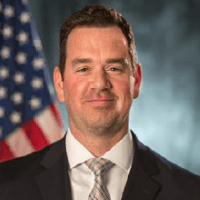
Trent Frazier
Executive Director of the Office of Campaigns and Academic Engagement, Department of Homeland Security
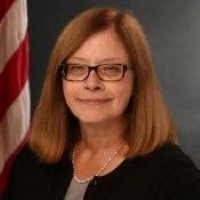
Elinore F. McCance-Katz, M.D., Ph.D.
Assistant Secretary for Mental Health and Substance Use (OAS), SAMHSA
The Below Session is Sponsored by: Healthy Roster

3:00 PM EST
Critical Safety Issues to Consider in Your Return to Campus Plan
View on Demand
Higher Ed
New policies and procedures are rapidly being developed as we all work to provide safety and security in the era of COVID-19. Learn about key questions and policy changes required to draft, inform and deploy an effective return to campus plan by fall kickoff. Topics range from ease of administration, quickly identifying trends and how to govern facility and event access without exorbitant cost and staff burden.
During this session we will share ideas and answers to questions like:
- How do we make sure people don’t enter a building that might have COVID?
- How to ID when someone might have symptoms before they leave their home?
- What is the best way to connect the students with the health clinic?
- How do I ensure our staff knows and complies with new protocols?
- How do we identify trends and share reports to avoid an outbreak?

Emily Ambrose, MS, ATC
Director of Athletic Performance, Private Institute of Higher Education
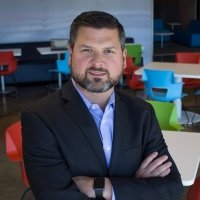
Jason Barr
Chief Revenue Officer, Healthy Roster

Christina Fisher, ATC
Athletic Performance Coordinator, Private Institute of Higher Education

Michael Pendley
Director, Healthy Roster
5:00 PM EST
Raffles!
View on Demand
Enter sponsor raffles throughout the day and login in at 5pm for LIVE announcements of our daily winners!
Now Available On-Demand
The below session is sponsor by: NAPCO Security Technologies
10:00 AM EST
KEYNOTE: Recovering from All Threats and Hazards: Creating Community Partnerships So Your School and Campus Can Get Back on Its Feet
View on Demand
K-12 and Higher Ed | Live Session
In today’s quickly evolving landscape, schools and institutions of higher education are facing unfamiliar circumstances presenting novel challenges to maintaining safety and security, let alone still operating. While we do not know what lies ahead, one strength schools and IHEs know they will be able to draw upon is the support of collaborative partners. Developing relationships and formal partnerships with community agencies is a great way to strengthen overall K-12 and higher ed emergency preparedness efforts, as well as emergency operations plans (EOPs). Agreements can vary, ranging from informal partnership agreements to formal documents, including memoranda of understanding (MOUs), memoranda of agreements (MOA), and mutual aid agreements (MAAs). All these agreements can document the partnership and recognize the shared vision of safe schools and campuses.
In this session, the U.S. Department of Education’s Office of Safe and Supportive Schools (OSSS) and its Readiness and Emergency Management for Schools (REMS) Technical Assistance (TA) Center will provide an overview of how agreements can support school district recovery following natural disasters. Specifically, we will overview how different types of agreements can be used to support various emergency management functions, including reunification, relocation, use of schools as shelters, continuity of teaching and learning, behavioral health, food and transportation services, victim advocacy, and more.
REMS TA Center staff will also discuss considerations specific to integrating the needs of special populations, including individuals with disabilities and other access and functional needs, into formal and informal agreements.

Janelle Hughes
Deputy Project Director, REMS TA Center

Bronwyn Roberts
Project Director, REMS TA Center
11:00 AM EST
Compassion Fatigue: Helping Our Hometown Heroes
View on Demand
K-12 and Higher Ed
Compassion fatigue can affect anyone who provides caregiving services and support to others. Coping skills, self-care and understanding of what compassion fatigue is can help individuals who are striving to reclaim their personal and professional lives.
This session will offer effective strategies to reduce stressors in one’s personal and professional life. How can we seek to manage this in a collaborative fashion when working with students and families, as well as our colleagues?
NOTE: In order to get the most out of this session, please read the following article prior to the session. This is not required but recommended. Article linked here.

Jay Findling
Gang Specialist/Interfaith Community Crisis Chaplain, New York Gang Investigators Association (NYGIA)/New York State Chaplains Task Force (NYSCTF)

Shoshanah Findling
Site Director and Professor, Touro College
11:00 AM EST
Accounting for the “Other:” Examining Clery Act Emergency Notification Policies in Light of COVID-19 Response
View on Demand
Higher Ed
The Clery Act establishes institutional response to crimes and other emergencies, and campus professionals navigate unexpected emergencies and tragedies with care to best support their communities every day. This Clery Center session will explore key questions that institutions faced and are continuing to navigate in response to COVID-19 and how they inform an institution’s Clery-required emergency notification and evacuation procedures.

Sarah Barrett
Director of Training and Education, Clery Center

Abigail Boyer
Associate Executive Director, Clery Center
12:00 PM EST
VISIT OUR SPONSOR PAGES
Click the ‘Sponsors’ button above or any sponsor logo for information, product and video pages to learn more about their innovative safety and security solutions.
The Below Session is Sponsored by: Everbridge
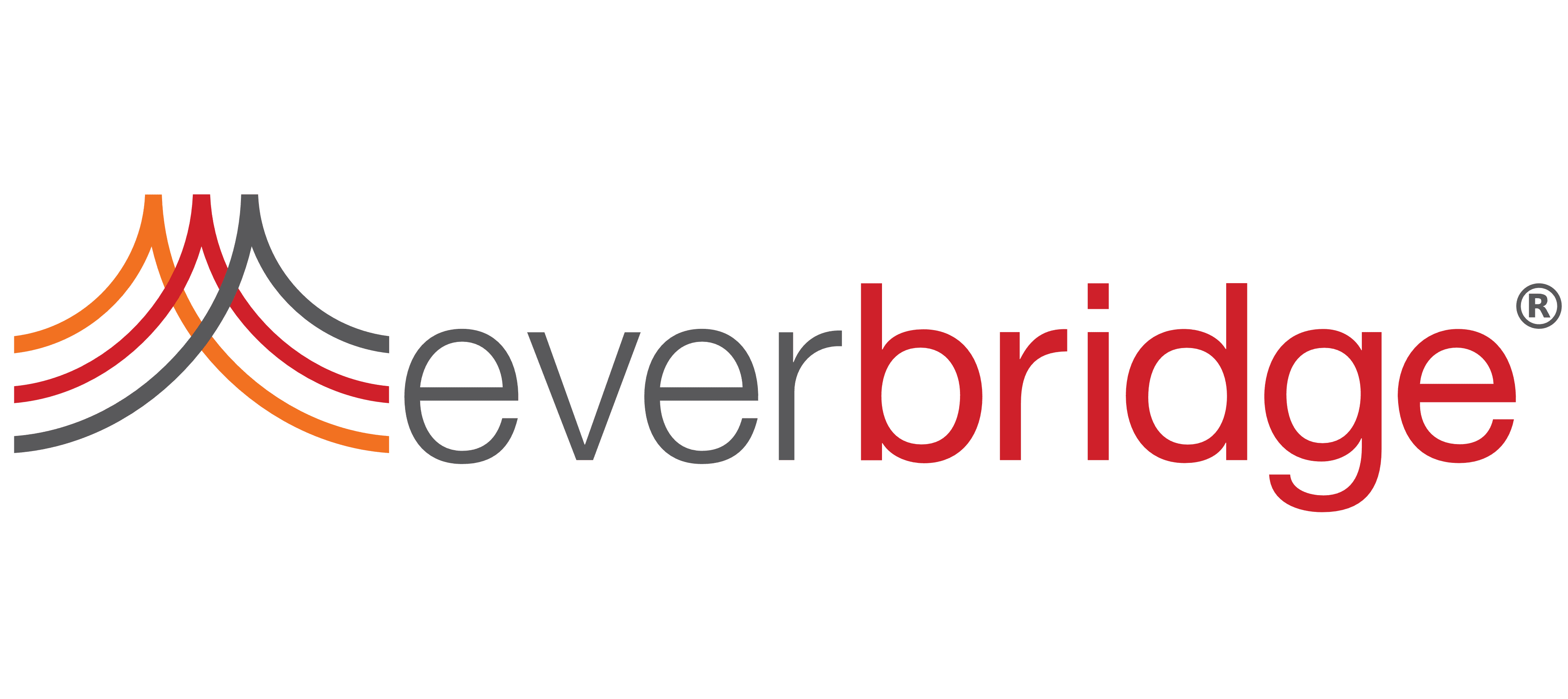
12:00 PM EST
Return to Campus: Contact Tracing and Beyond
View on Demand
K-12 and Higher Ed
This session will cover return-to-work strategies, including various contact tracing methods. The presentation will also discuss what an end-to-end contact tracing approach entails and how it seamlessly fits within a pragmatic return-to-work strategy.

Imad Mouline
Chief Technology Officer, Everbridge
The Below Session is Sponsored by: Transact

01:00 PM EST
GENERAL SESSION
COVID-19: The Road to Re-Opening Your Campus
View on Demand
Higher Ed | Live Session
Some states are now in the early re-opening phases for businesses, but colleges and universities are still unsure of what the fall may bring and are trying to prepare for all the challenges for starting up the fall semesters according to the CDC Guidelines for the “New Normal.”
This group of panelists will have an open discussion on the following concerns, as well as many other topics:
- How will social distancing be accomplished on campuses, housing, and other locations when students and staff return?
- How will student, employee and visitor health be monitored?
- How will sanitation and personal hygiene be maintained?
- How will all of this information be communicated and how often?
Moderator

Robin Hattersley
Editor-in-Chief, Campus Safety Magazine
Panelist

Andy Altizer
Director of Emergency Management, Kennesaw State University
Panelist

Scott Dennison
Senior Director, Product Management, Transact Campus Inc.
Panelist

Daniel Dusseau
Director of Public Safety/Chief of Police, Northern Virginia Community College Police Department (NOVA)
Panelist

Sarah Powell
Director of Emergency Management, Temple University
Panelist

John Thomas
Executive Director/Chief, USC Department of Public Safety
01:00 PM EST
Returning to School: Considerations for Those with Access and Functional Needs
View on Demand
K-12
How will we safely return to school while also addressing the needs of staff, students and parents? An even more complex question arises when considering how to provide services for students with access or functional needs. This session will discuss some of the key challenges and strategies for preventing safety issues as we return to school.

Chris Dorn
Senior Analyst, Safe Havens International
02:00 PM EST
Liability Considerations When Re-Opening
View on Demand
K-12
Back to school in the fall will be different; how different is not yet clear. The session will address the general liability landscape for schools and educators, particularly as it applies to the current pandemic situation. We will also briefly discuss the “Duty of Care” and review specific processes and activities that may help to mitigate the liability exposure for educators and schools.

Guy Bliesner
School Safety and Security Analyst, Idaho Office of School Safety & Security
The Below Session is Sponsored by: GlobalFlyte

02:00 PM EST
Examining the 3 “C’s” for Effective COVID-19 Response and Recovery
View on Demand
K-12 and Higher Ed
Comprehension, Communication and Collaboration are the three “C’s” critical to any emergency response situation. Why are these 3 “C’s” important to your COVID-19 response and recovery efforts? Our seasoned speakers will guide the audience through the 3 C’s and discuss how they are critical to your response and recovery success. They will also describe tools that are available that contribute to this success.

James Gruenberg
Chief Mission Officer, GlobalFlyte, Inc.

Timothy A. Shaw
President and Chief Operating Officer, GlobalFlyte, Inc.
03:00 PM EST
Managing The New Normal and The Impact on Campus Police/Security
View on Demand
Higher Ed
Campus plans for the Fall 2020 term run the gamut from staying online to fully opening for in-person classes and on-campus residents, and everywhere in between. Key to all of these plans is how to keep students and employees safe in this “new normal” environment, particularly as many institutions are facing budget challenges brought on by national and global economic changes.
During this session, we will discuss some of the key ways in which campus police/security are having to adapt to handle the “new normal” resulting from the global SARS-CoV-2 pandemic. This will include discussions on how we keep our campus police (and security) forces safe, ranging from altered workplace practices, to training and personal protective equipment.
There will also be information on possible new roles and duties, and some of the potential pitfalls that police and security professionals should be prepared to identify and avoid. Finally, there will be information on possible opportunities the “new normal” might present to campuses, and how police/security professionals might be able to maximize the environment to provide a safer campus for students and employees.

Stephen Lopez
Chief, New Mexico State University (NMSU)
The Below Session is Sponsored by: Parsons

04:00 PM EST
Screening, Tracing, Testing: Rapidly Integrating Technology Systems to Protect Vulnerable Populations
View on Demand
K-12 and Higher Ed
Health screening (including testing), contact tracing and quarantining are key to bringing students, faculty and staff back to campus while minimizing the risk of COVID-19 transmission and outbreaks. In just a few months, the market has exploded with devices – from temperature screening equipment to wearable devices – to help screen, trace and quarantine, resulting in a patchwork of options.
How can universities integrate these solutions quickly and effectively? This session will highlight:
- If screening, tracing and quarantines are a normal part of campus life, how does that work? What technology – hardware and software – will be needed? How can multiple solutions be integrated to cover campuses large and small?
- How can these solutions integrate with university’s existing technology and processes?
- What do universities need to consider now – before buying and installing – to make these systems work long term?
Technology experts from Parsons will highlight their Parsons clients and their own experiences with the COVID-19 pandemic, including how Parsons enabled 16,000 employees to work remotely overnight, and how they are working to maximize safety as employees return to offices or field work.

Kevin Dorn
Vice President, Parsons

Stu Kippelman
Chief Information Officer, Parsons
04:00 PM EST
Evaluating School Climate and Culture: Ensuring Safe & Caring School Communities in the Age of COVID-19
View on Demand
K-12
In light of COVID-19, we’re increasingly seeing posts from our students’ social media accounts warning of potential substance abuse and mental wellness concerns.
Using leading practices from the field of violence and bullying prevention and intervention strategies, attendees will develop a strong understanding of how to create, develop, measure and evaluate school climate, culture and connectedness. By ensuring a commitment to data-driven assessments of classroom/school climate and culture, we ensure our campuses will be environments where students feel accepted, respected, and safe.
This session will include current digital trends impacting school safety throughout North America, violent behavior patterns, and all facets of bullying and successful intervention strategies. In addition, staff and student online safety strategies will be reviewed.

Nick Chernoff
Senior Threat Analyst / Trainer, Safer Schools Together (SST)
05:00 PM EST
Raffles!
View on Demand
Enter sponsor raffles throughout the day and login in at 5pm for LIVE announcements of our daily winners!
Sponsoring Companies
— Dr. Amanda Guthorn, AVP Public Safety, La Salle University
